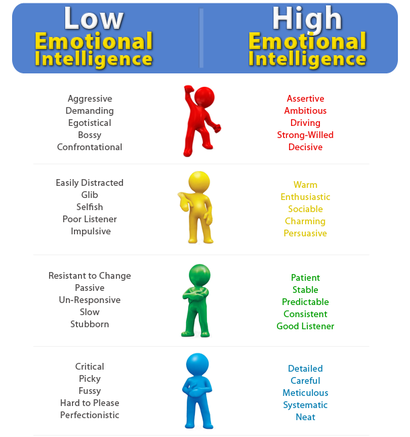
Game development has evolved significantly, and nowadays, creating immersive and engaging experiences goes beyond just stunning graphics and gameplay mechanics. Developers are turning to emotional intelligence as a powerful tool in crafting game character designs that can deeply resonate with players.
Emotional Design: Setting the Mood
When it comes to game character design, emotional intelligence allows developers to tap into players’ emotions and create characters that evoke empathy and relatability. By incorporating emotional elements into visual design, animations, and storylines, game designers can deeply engage players and enhance their overall experience.
The Importance of Facial Expressions
Facial expressions play a crucial role in conveying emotions effectively. Game character designers leverage emotional intelligence to meticulously create detailed facial animations that accurately portray various emotions such as happiness, sadness, anger, and fear. These lifelike expressions allow players to connect with the characters and feel a deeper emotional bond with the game.
Body Language and Gesture
Body language and gestures are essential non-verbal cues in portraying emotions. By utilizing emotional intelligence, game designers can create characters that exhibit natural and believable movements. Whether it’s a character’s triumphant pose or defeated slump, these subtle cues can evoke strong emotional responses from players, making them feel more connected to the game world.
Narrative and Emotional Resonance
A strong narrative is essential for a game’s success, but emotional intelligence also plays a crucial role in establishing emotional resonance between players and characters. By developing compelling backstories and incorporating emotionally charged events into the game’s plot, designers can create characters that players genuinely care about. This emotional investment drives player engagement and creates a more memorable gaming experience.
Building Empathy and Player Agency
Emotional intelligence in game character design allows for the creation of characters that not only evoke emotions but also empower players. Games that feature characters with relatable vulnerabilities and triumphs allow players to empathize, creating a sense of connection and investment in the game’s outcome. This emotional connection enhances player agency, making them feel responsible for the characters’ fate and driving them to invest more deeply in the game world.
Conclusion
Emotional intelligence is a powerful tool in game character design, enabling developers to create rich and immersive experiences that resonate with players on a deeper level. By leveraging emotional elements such as facial expressions, body language, narrative, and empathy, game designers can craft characters that build strong emotional connections with players, enhancing their enjoyment and satisfaction.


